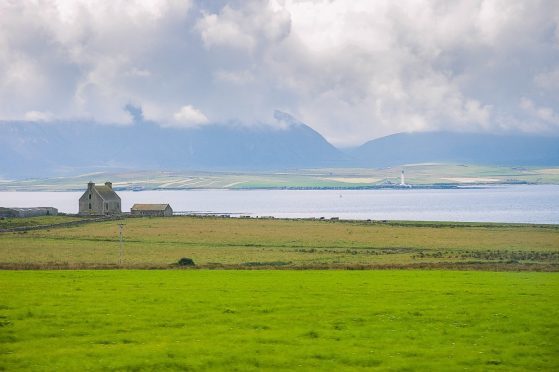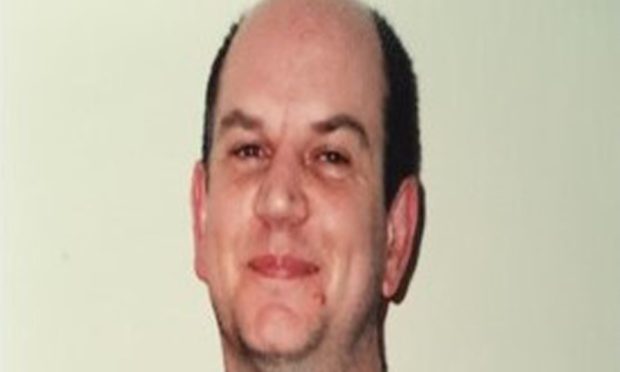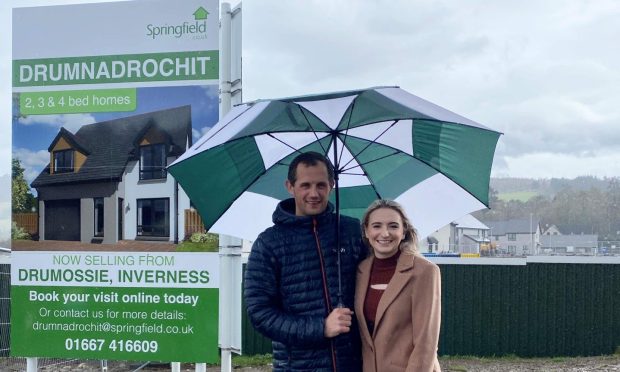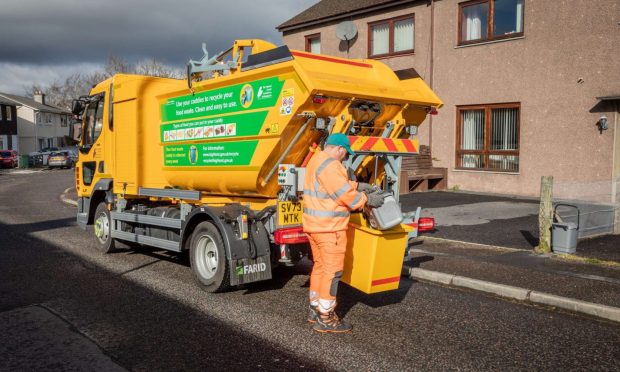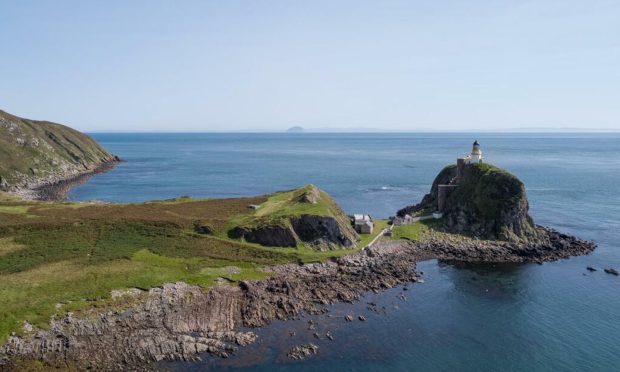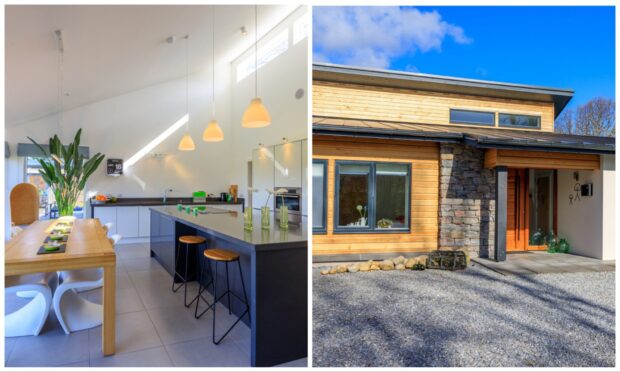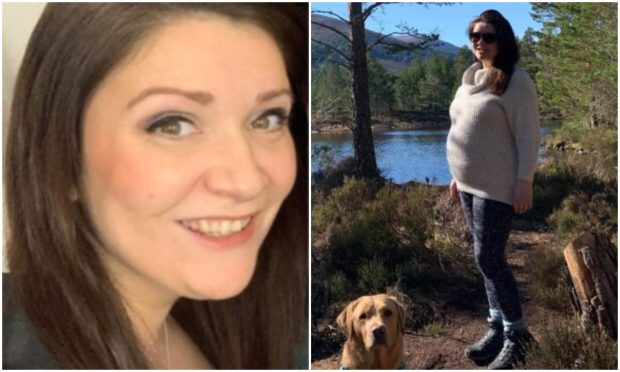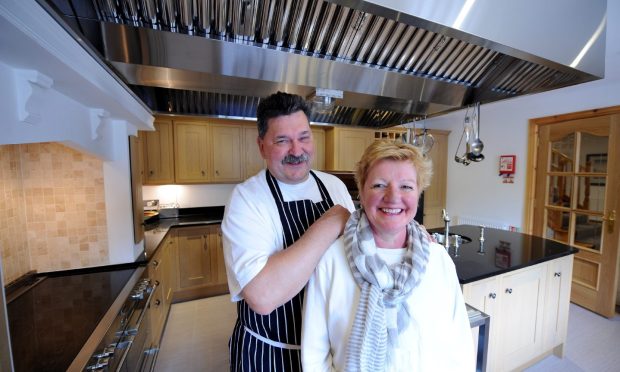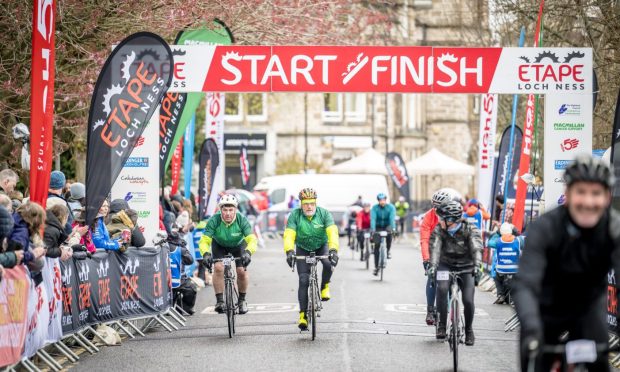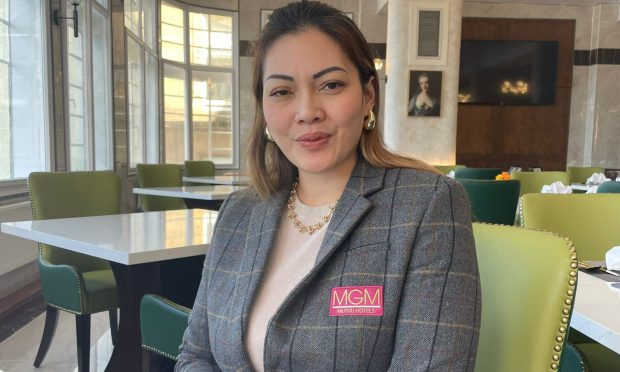Orkney Islands residents were celebrating last night after being judged to have the best quality of life in the UK.
As well as taking the title of being the best rural area in Scotland for the fourth year running, Orkney can now boast the accolade for the whole of Britain too.
It follows the findings of the latest Bank of Scotland Rural Quality of Life Survey.
For the first year Orkney ranks top in Britain, having moved up from last year’s 46th place.
Some methodological changes in the survey and the inclusion of two new categories – number of pubs and the availability of health clubs and leisure centres – have resulted in some significant changes in the rankings compared to 2016, with Orkney being one.
The Shetland Islands have the second best quality of life in rural Scotland, having taken this spot since 2012 when the islands dropped from first place.
Shetland is the only other Scottish area to appear in the top 20 for Britain as a whole, coming in 15th, while the Western Isles sit in 50th place.
Among the benefits of living in Orkney is the employment rate. At 87.6%, it is significantly higher than the rural average of 77.4%.
School children in Orkney benefit from Britain’s largest spending per pupil for primary and secondary children – £9,281 per pupil; double the British average of £4,622.
People living in Orkney also have the lowest levels of anxiety rating in Britain and they are one of the most satisfied with life.
The overwhelming majority of adults, 96.6%, report being in good or fairly good health compared to the British average of 94.6%.
Crime rates are the lowest in the UK, with a burglary rate of just 2.3 per 10,000 people, compared to the Scottish average of 27.2 and 28.7 for Britain.
Add to that the low amounts of traffic on Orkney’s roads and it is easy to see why life is so good there.
Graham Blair, mortgage director at Bank of Scotland, said: “The Orkney Islands is a stunning part of Scotland with some beautiful scenery. Pair this with one of the lowest population densities and traffic levels in Scotland, as well as the lowest levels of anxiety and highest life satisfaction ratings, and it’s not surprising that the Orkneys offer a quality of life that is unmatched elsewhere in rural Britain.”
